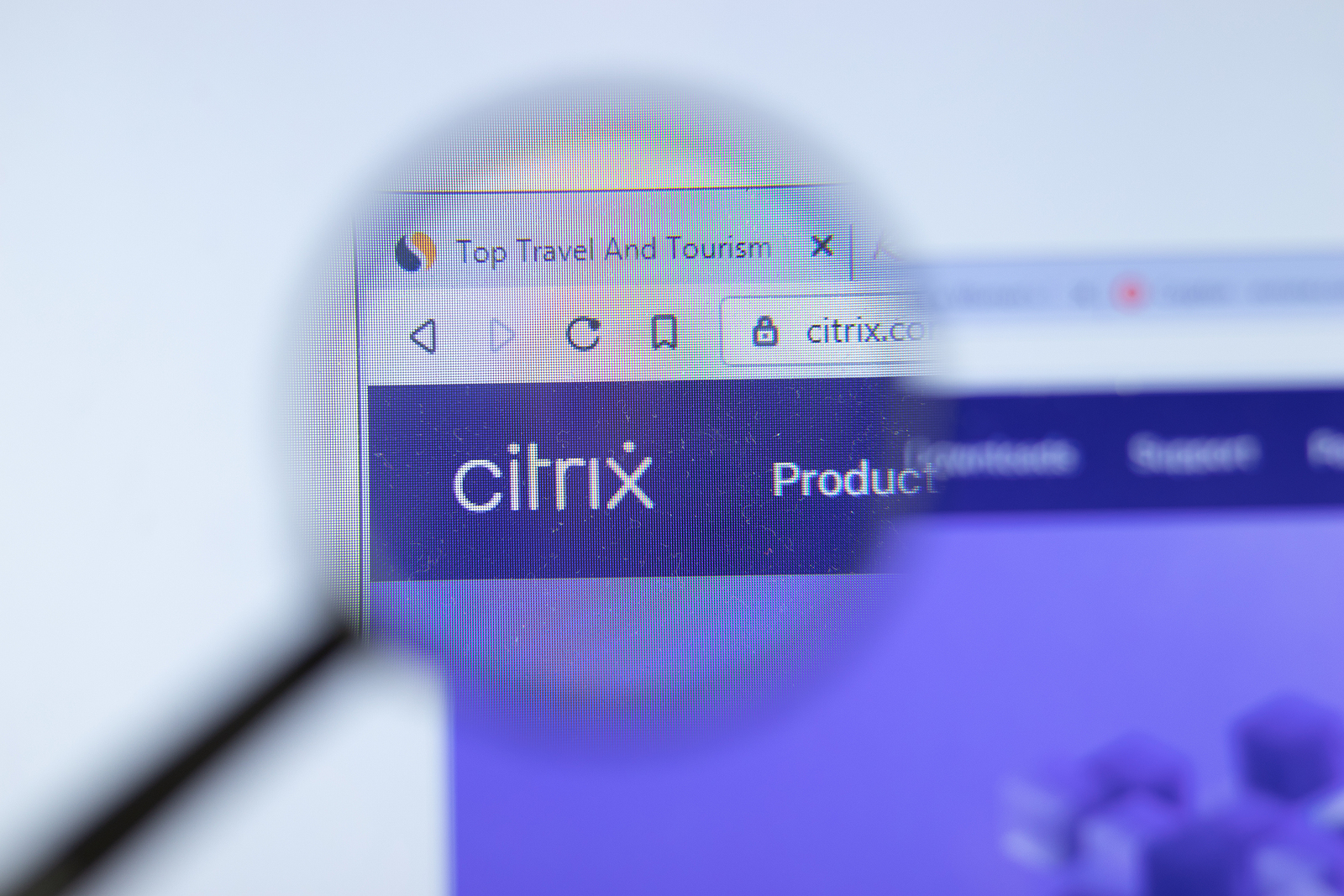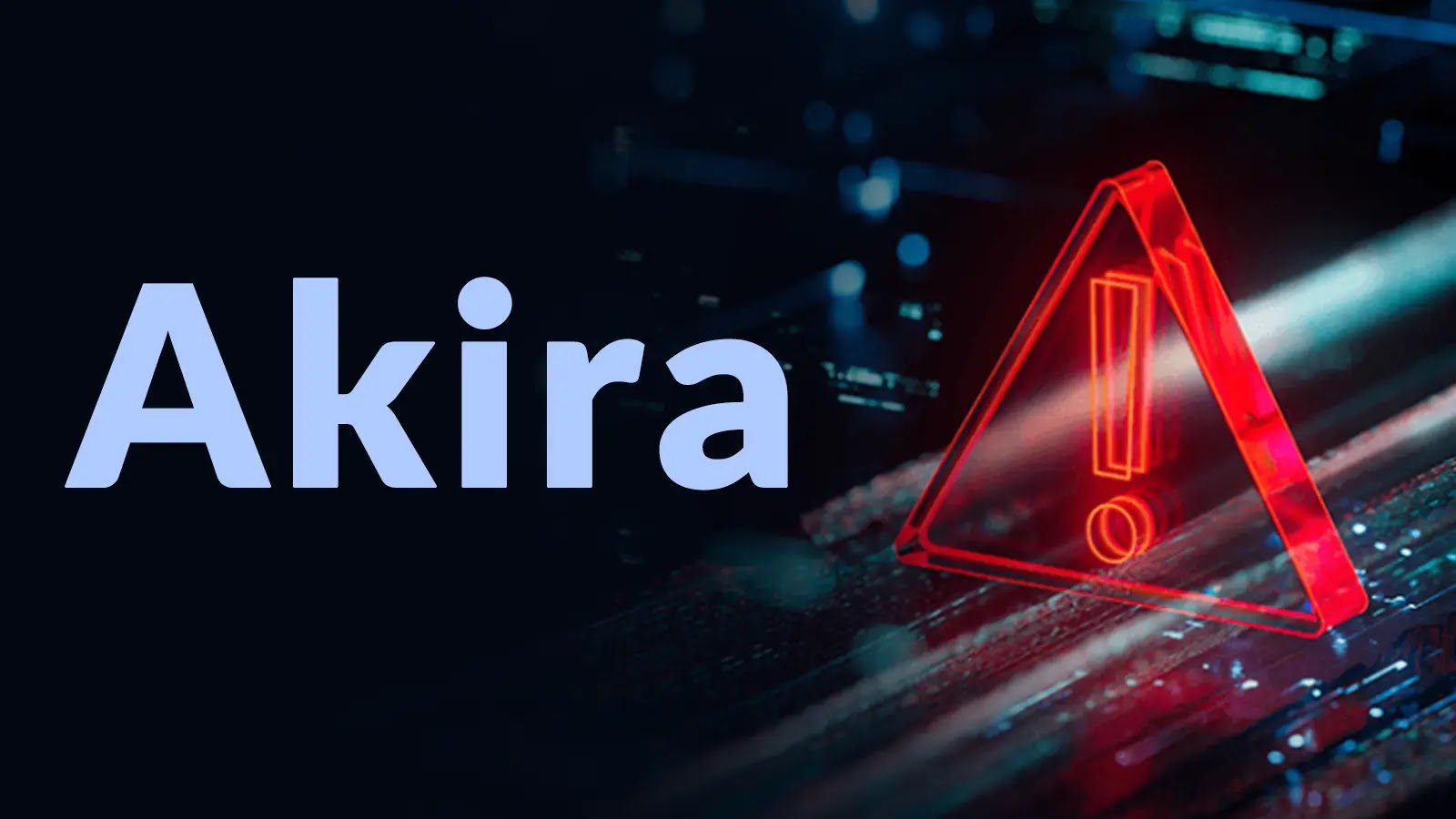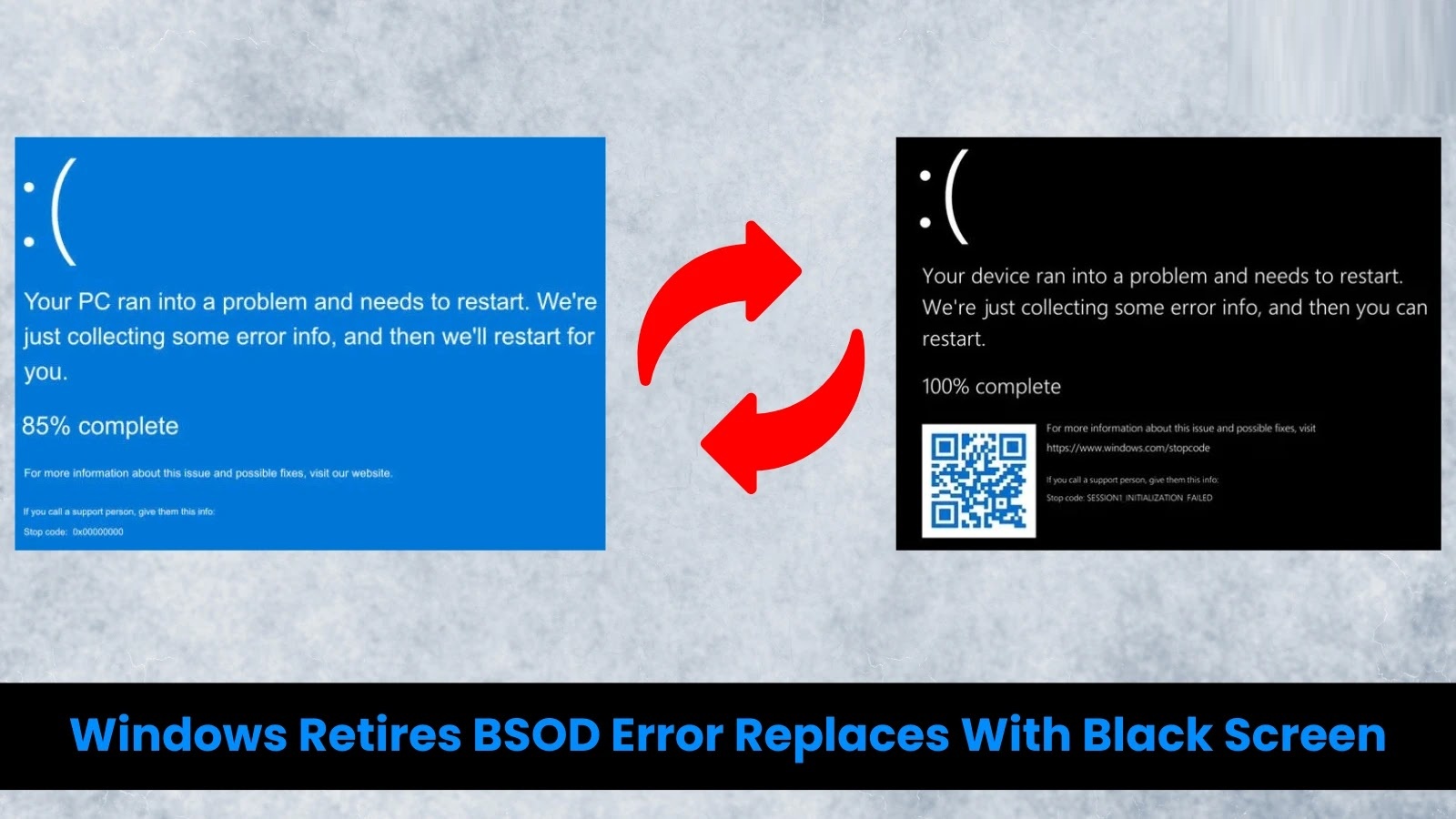A critical security vulnerability, identified as CVE-2024-6914, has been discovered in multiple WSO2 products, allowing attackers to reset passwords for any user account, including those with administrative privileges. This flaw poses a significant risk of complete system compromise.
Vulnerability Overview
CVE-2024-6914 is an incorrect authorization vulnerability within WSO2’s account recovery SOAP admin service. This flaw enables remote attackers to perform password reset operations without proper authentication or authorization checks. The vulnerability is particularly dangerous for organizations with publicly accessible WSO2 deployments, as it can be exploited remotely over the network without user interaction.
Affected Products
The vulnerability impacts a wide range of WSO2 products across multiple versions, including:
– WSO2 API Manager versions 2.2.0 to 4.3.0
– WSO2 Identity Server versions 5.3.0 to 7.0.0
– WSO2 Identity Server as Key Manager versions 5.3.0 to 5.10.0
– WSO2 Open Banking AM/IAM/KM versions 1.3.0 to 2.0.0
The extensive list of affected products underscores the severity of this security issue, as these enterprise-grade solutions are widely deployed in production environments worldwide.
Technical Details
The vulnerability exploits a business logic flaw within WSO2’s account recovery-related SOAP admin service, specifically targeting endpoints exposed through the `/services` context path. By crafting malicious requests to these endpoints, attackers can trigger unauthorized password reset functionality. The exploitability is enhanced by its network-accessible nature, with a CVSS vector string indicating that it can be exploited over the network with low attack complexity and requires no privileges or user interaction (CVSS:3.1/AV:N/AC:L/PR:N/UI:N/S:U/C:H/I:H/A:H).
Impact
Successful exploitation of this vulnerability allows attackers to take control of targeted accounts, including administrative users, thereby posing significant security risks to the entire infrastructure. The ability to reset passwords without proper authorization can lead to unauthorized access to sensitive data and systems, potentially resulting in data breaches, service disruptions, and reputational damage.
Mitigation Measures
Organizations using affected WSO2 products should immediately implement security measures to mitigate this critical vulnerability. The primary recommendation involves:
– Restricting Access: Follow WSO2’s Security Guidelines for Production Deployment to restrict access to SOAP admin services from untrusted networks. Proper implementation of these guidelines can reduce the CVSS score from 9.8 to 8.8, indicating a lower risk level.
– Applying Patches: WSO2 has released patches addressing this vulnerability. Organizations should apply these patches promptly to secure their systems.
– Monitoring Systems: Regularly monitor systems for any unusual activity or unauthorized access attempts. Implementing robust logging and alerting mechanisms can help detect and respond to potential exploitation attempts.
Conclusion
The discovery of CVE-2024-6914 highlights the critical importance of securing administrative services and ensuring proper authorization mechanisms are in place. Organizations must take immediate action to protect their systems by restricting access to vulnerable endpoints, applying necessary patches, and adhering to security best practices. Failure to address this vulnerability promptly could result in severe security breaches and operational disruptions.



